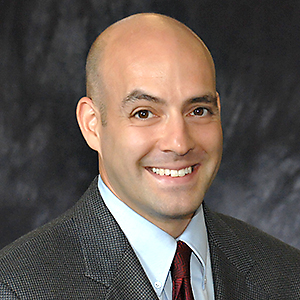Spanish Prosecutor Challenges Syria Jurisdiction
I wrote earlier this week in the Washington Post about an attempt to prosecute senior Syrian security officials in Spain’s courts. Human rights lawyers are representing a Spanish woman whose brother was allegedly tortured and killed by regime officials.
Published by The Lawfare Institute
in Cooperation With

I wrote earlier this week in the Washington Post about an attempt to prosecute senior Syrian security officials in Spain’s courts. Human rights lawyers are representing a Spanish woman whose brother was allegedly tortured and killed by regime officials.
The difficulty for her lawyers has been establishing jurisdiction. Spain’s 2014 legal reforms insisted on a tighter connection between Spanish territory or nationals and alleged atrocities, in large part because of the diplomatic complications caused by several cases.
I spoke to the lawyers representing the Spanish woman a few days ago, and they felt confident that the case was on solid ground. In his decision to open an investigation, the investigative judge highlighted Spanish and European law allowing victim’s family members to serve as the basis for jurisdiction. But that interpretation seemed at least debatable, and at the time I wrote the Post piece, it was not clear whether the Spanish prosecutor would challenge the judge’s jurisdictional findings.
That uncertainty is over. According to this report in El Diario, the prosecutor has formally opposed jurisdiction on the grounds that the victim himself is not a Spanish national. According to the prosecutor, “the interpretation of the concept of ‘victim’ that the complaint puts forward lacks the slightest justification” (my own rough translation). The prosecutor’s determination is not final, and Spanish lawyers I have consulted indicate that the investigation can move forward even as the jurisdictional question is reviewed by higher-level courts.
But the prosecutor’s decision to challenge jurisdiction does suggest that parts of the Spanish government are serious about keeping domestic courts out of the business of righting the world’s wrongs.



.jpg?sfvrsn=4ae453c9_8)

